Can the same technology that helps people communicate interfere with their ability to connect? Decidedly, yes, argues longtime public radio host Celeste Headlee. As conversation skills atrophy, people become more lonely and lose the capacity to find common ground and to bridge ideological divides. Drawing on psychological and sociological studies as well as her experiences as an interviewer, Headlee presents a clear case for the value of good conversation. She offers practical tips for how you can sharpen your speaking and listening skills. Her insights and advice will help anyone who wants to communicate more skillfully.
A Modern Communication Crisis
The ability to converse matters. Whether you are a doctor trying to explain information to a patient, a job-seeker at an interview or someone trying to maintain a friendship, effective communication makes all the difference. Yet obstacles to good conversation seem more abundant than ever. People talk all the time, but they don’t seem to listen.
Many people now actively resist difficult conversations about important topics. Yet these are the very conversations that help people understand and have empathy for alternative points of view. Your conversational ability – or lack thereof – affects other people. Learning the tools of easy discussion helps you gain an important skill.
How people interact nowadays grants scant opportunity for empathy. Texting, email and other digital communication, while expedient, seldom prompt you to place yourself in other people’s shoes – a critical element when engaging people with whom you disagree or with those from different backgrounds. Social media teaches people to share only those ideas that conform to popular opinions and to ...
Celeste Headlee, host of the Georgia Public Broadcasting news show On Second Thought, has been a host on NPR and has appeared on CNN, PBS and the BBC.









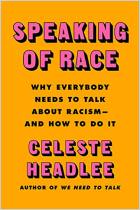


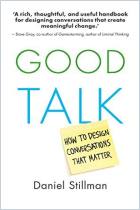

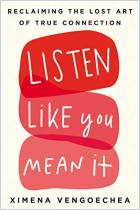
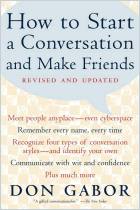

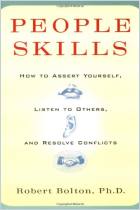







Comment on this summary or Начать обсуждение